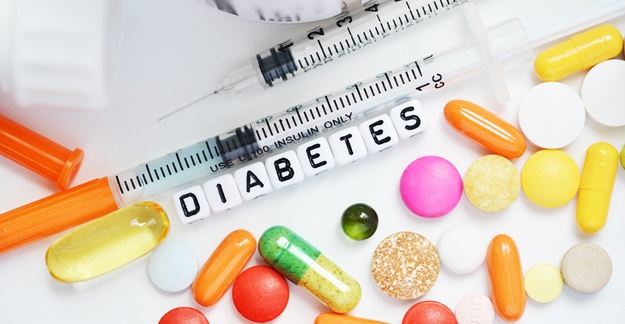Type 2 Diabetes Drugs
A popular class of drugs used to treat type 2 diabetes may increase the risk of bile duct and gallbladder disease.
The class, GLP-1 (glucagon-like peptide 1) receptor agonists, is given via an injection and includes Byetta (exenatide), Victoza (liraglutide) and Trulicity (dulaglutide).
Health records of more than 1.5 million patients with type 2 diabetes in the United States, the United Kingdom and Canada who were taking an antidiabetic medication were examined in the study, which was published in JAMA Internal Medicine.
GLP-1s were shown to cause a 79% increased risk of developing symptoms associated with bile duct and gallbladder disease compared to those not on any diabetes drug. Put another way, about 3 more patients per 1,000 exhibited symptoms compared to those not taking the medication. The most common adverse effect seen in this population were gallstones.
Another class of diabetes drugs, DPP-4 (dipeptidyl peptidase 4) inhibitors, which are given as a pill and act in a similar way as GLP-1s, did not have the increased risk of bile duct and gallbladder disease. DPP-4s on the market include Januvia (sitagliptin), Onglyza (saxagliptin) and Tradjenta (linagliptin).
However, both GLP-1s and DPP-4s were not associated with an increased risk of acute pancreatitis.
“It’s important that clinicians and patients alike be well informed about possible adverse effects,” Laurent Azoulay, PhD, a senior investigator at the Lady Davis Institute at the Jewish General Hospital in Montreal and the study’s lead author, said in a statement. “As a result of the gallbladder finding, it would be prudent for doctors to warn their patients to seek treatment if they experience symptoms, such as pain in their right side.”






